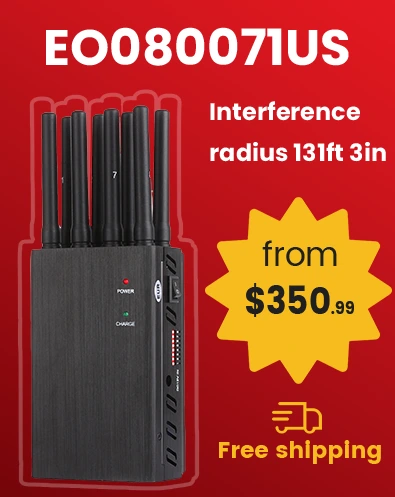Saudi Telecom Company (STC) is a large telecommunications provider headquartered in Saudi Arabia. Since its establishment in 1998, STC has grown into a regional giant in the Middle East and North Africa (MENA) region. STC is the largest telecommunications company in Saudi Arabia.
The frequencies used by Saudi Telecom Company (STC) in its mobile communication network mainly include:
- 4G LTE network :800 MHz(Band 20),1800 MHz(Band 3),2100 MHz(Band 1),2600 MHz(Band 7)
- 5G Network:3.5 GHz(C-Band),700 MHz (Band n28)and 2100 MHz(Band n1)
- 3G and 2G networks :900 MHz and 2100 MHz







